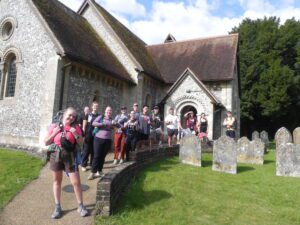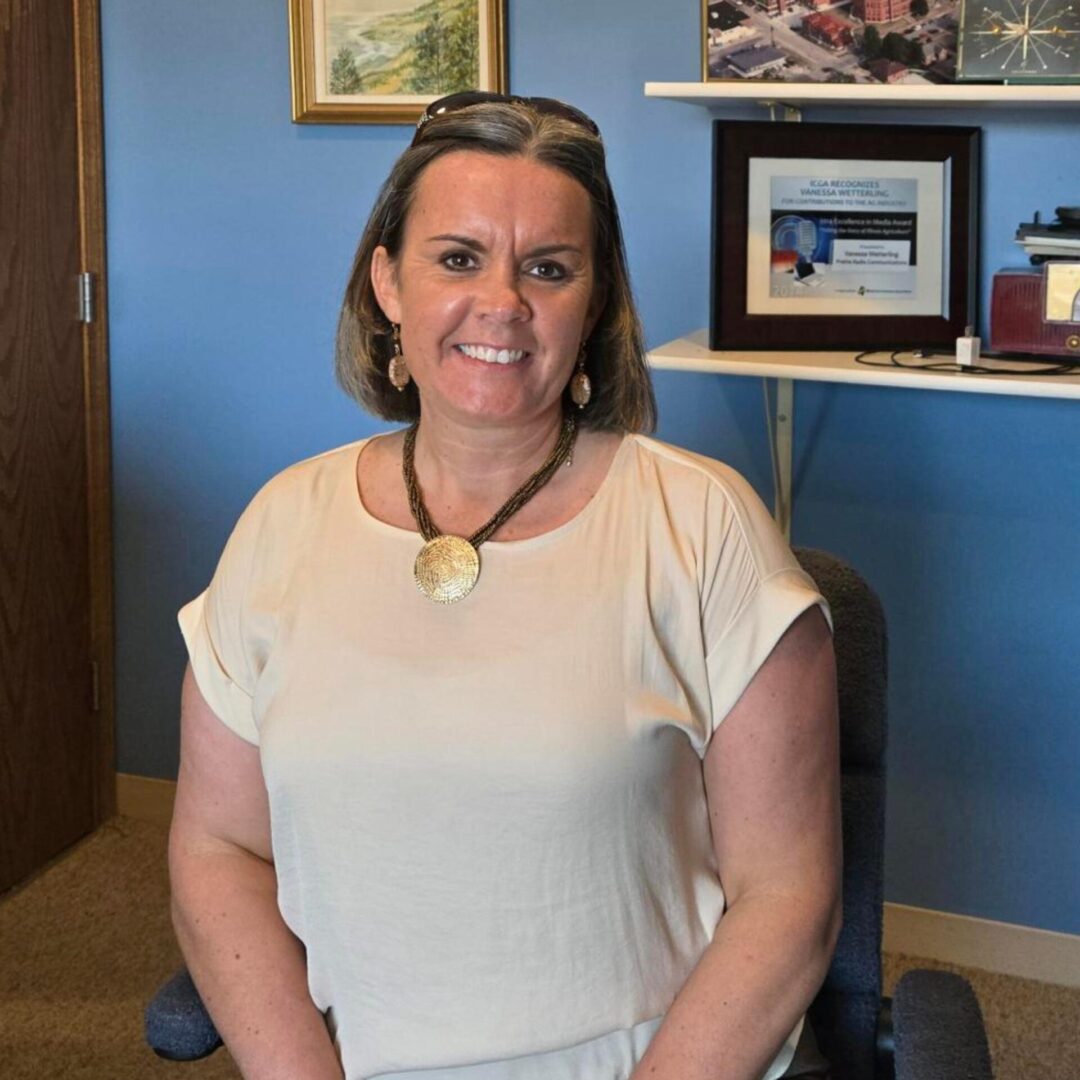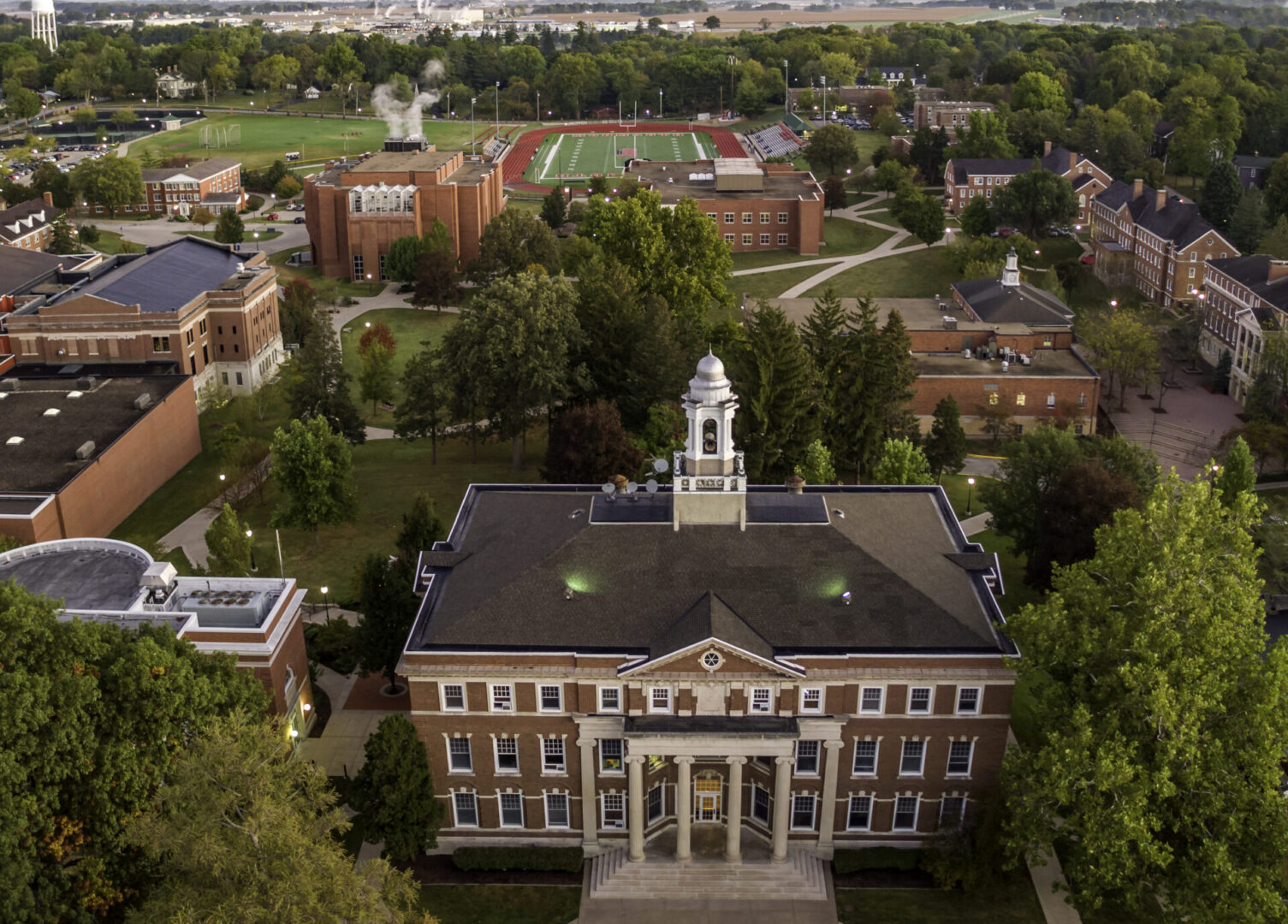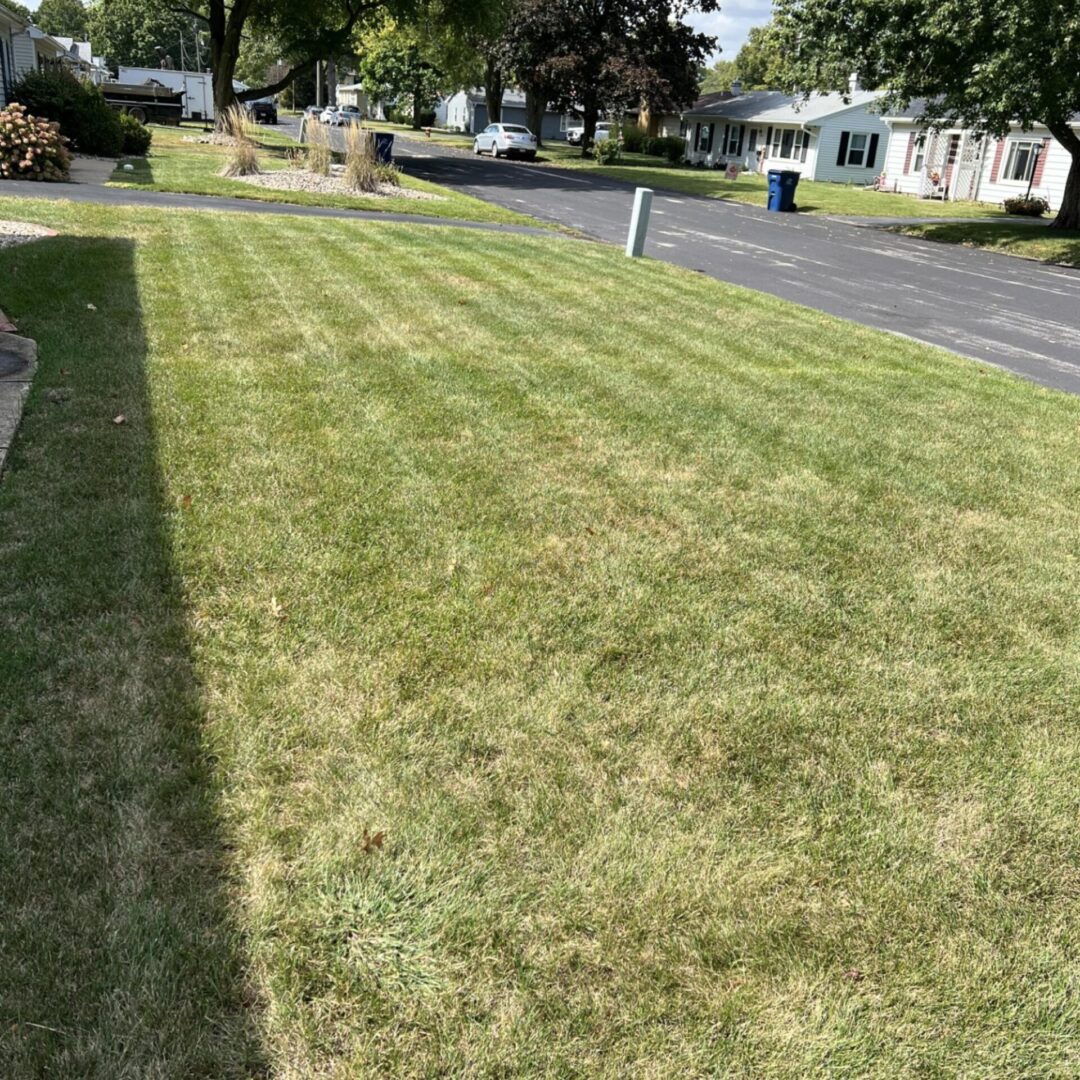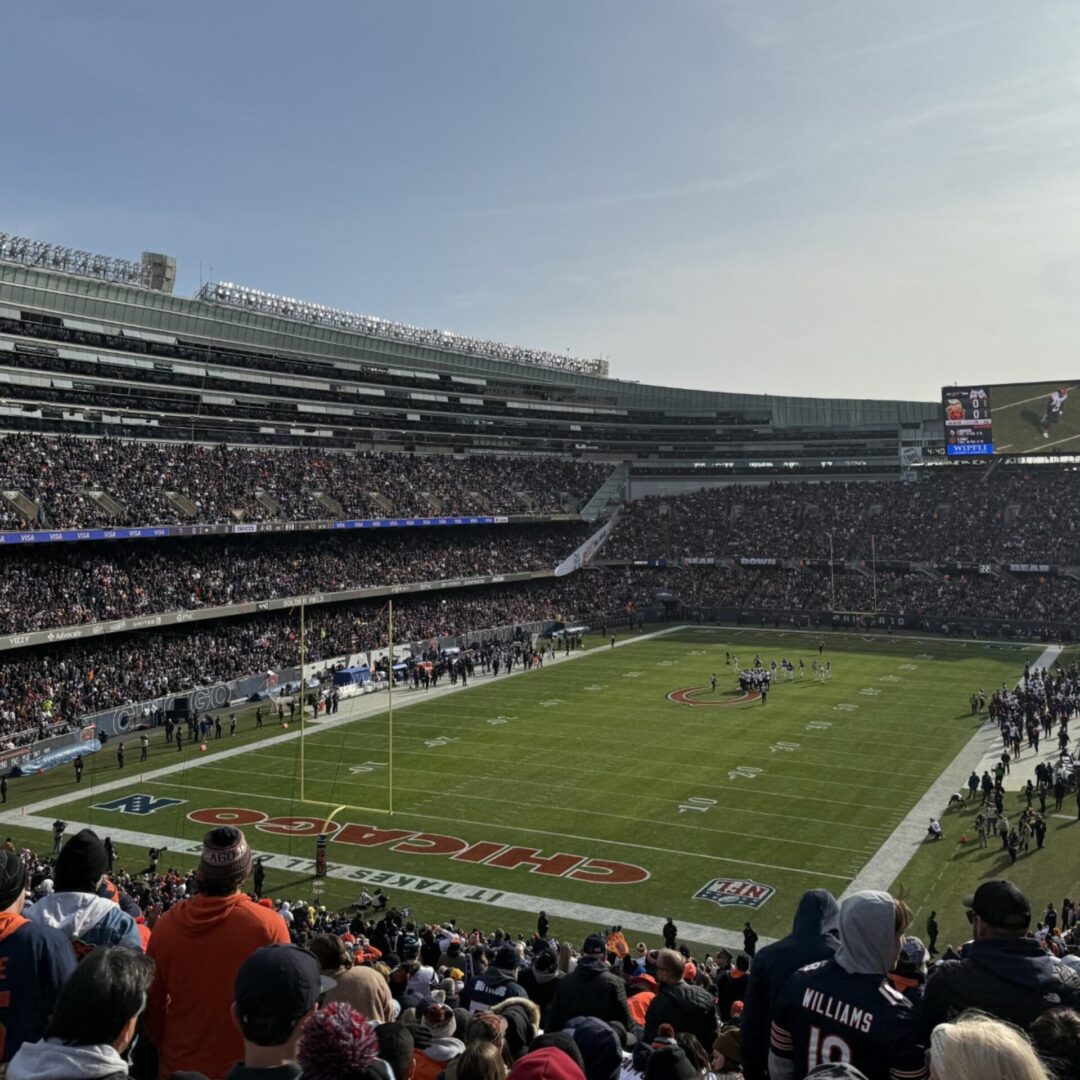By Thomas Best
Last week, I began an assessment of a new travel and historical guide about touring the American South. Based on Tony Horwitz’s 2019 book, “Spying on the South: An Odyssey Across the American Divide,” I was fascinated with the perspectives of the landscaping-artist from the 19th century, Frederick Olmstead, and the modern assessment of the South by of Tony Horwitz. He is well known for his previous best-seller about the South and the Civil War, “Confederates in the Attic.” Olmstead took several trips across the South in the 1850s when the nation was on the precipice of falling into the chaos and violence of the Civil War. Horwitz mirrored Olmstead’s trips by river boat, horse-driven carriages, and steamboats.
So, what was it like traveling down the Ohio River in the 1850s? Olmstead particularly focused on the men working on crude wooden flat boats. “Course men” is how he characterized these rugged men who made their living shipping products down the Ohio, and then—often—down the Mississippi River to New Orleans. Long before the days of radar and cell phones to track their progress and check for dangerous obstructions on the river, Olmstead respected the difficult work of a flat boat laborer. Horwitz, thinking of the modern riverboat workers he spent time with seemed to be “hillbillies” in his mind—although the actual men would have had no bother with such a term—they called themselves much worse. Both close to 200 years ago and in our times, these men—mostly young and unmarried—were sunburned, heavily dressed, and sometimes tattooed. Referred to as “deckies,” they now observe large storage tankers along the shoreline, whereas in Olmstead’s day, they were most likely transfixed by the timber-covered shorelines, and being careful that their boat did not strike a submerged log which could sink their small craft.
Once he was in Kentucky, Olmstead switched to a shaky, rattling, and dusty stage coach ride. We can wax nostalgic about the “good olde days,” but this Yankee thought little of what he called “torturing machines,” best suited to the dislocation of one’s joints. Yet, he still found the Kentucky wilderness pastorally-beautiful. Such shady woodlands and grassy meadows are still found today across Kentucky, especially in horse-breeding county. Olmstead called this state “landscape gardening on the largest scale.”
Finally, for this episode, allow me to offer these traveler’s thoughts on southern riverboats on the southern reaches of the Mississippi River. You can still enjoy some of the stately elegance and relaxation on grand steamboats, which once housed gamblers and suspicious-looking merchants. Today, such pleasure crafts are mainly transporting vacationing retired-folks. Of course, both Olmstead and Horwitz, as they occasionally got off these river ships to take in the sites of southern plantations growing mostly cotton and sugar cane, could not escape the harsh reality and dark legacy of slavery. Some of these showcase plantations, so beautiful in their appearance, were often maintained by hundreds of enslaved people. This agricultural system relied upon these black slaves to do the hard labor to plant, maintain, and harvest the cash crops which supplied the Northern U.S. and European nations with raw goods. This was, for instance, the heart of 60% of all U.S. exports in 1860.
Horwitz’s interpretation of Olmstead, as he worried about the state of slavery, was that he was no radical abolitionist. And as Horwitz points out, Olmstead also harbored some of the racial prejudices common for this age. Horwitz was much more aware of the cancerous nature of slavery and how the partisan fight over this economic institution in the 1850s led to the Civil War and post-war conflicts still be argued over today.
Thank you for listening.







